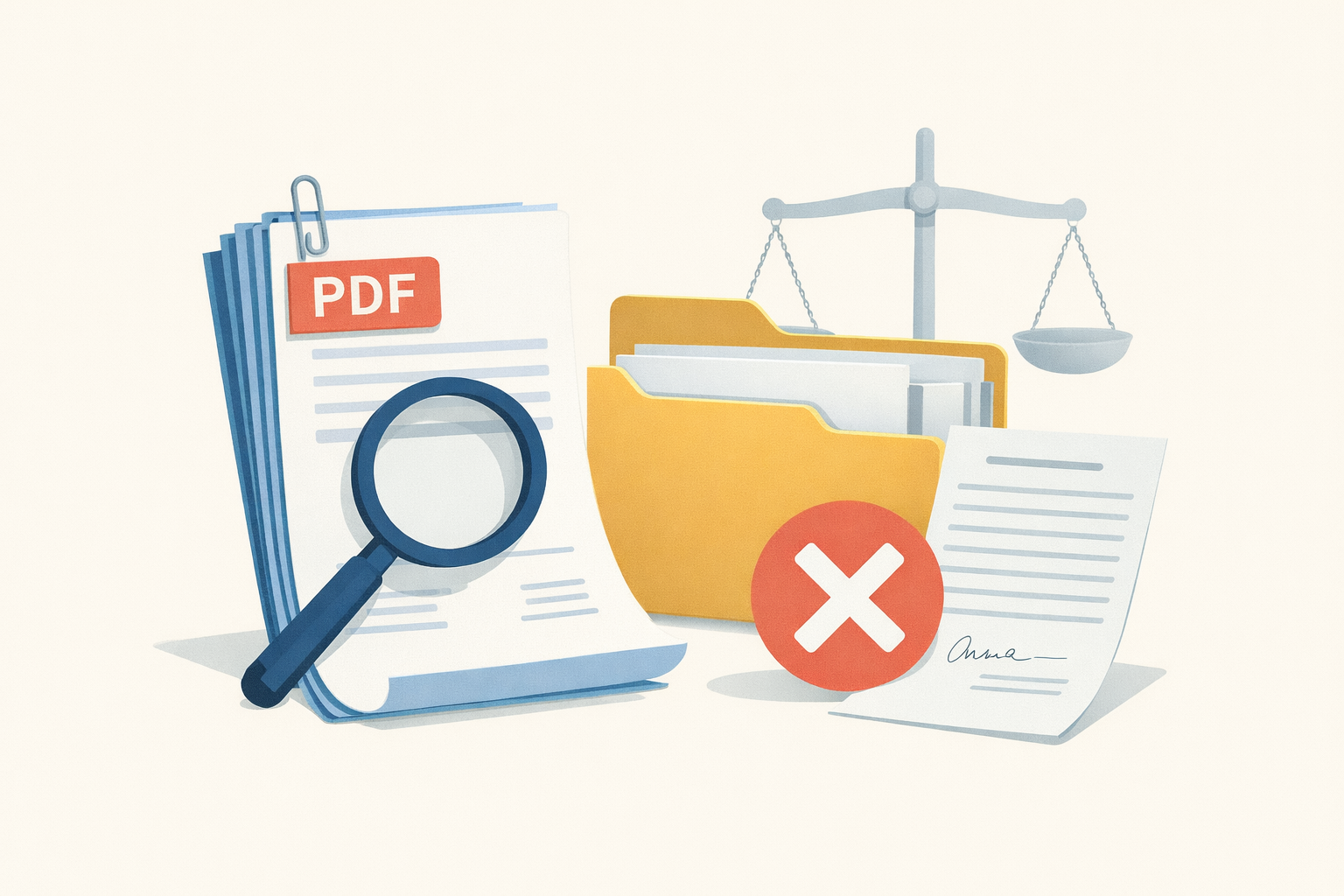This is the first of a two-part series.
When it comes to cash, legal has traditionally been thought of -- let's not kid ourselves -- as the dumpster fire of corporate departments. There's a reason for this: litigation, investigations and M&A are unpredictable and, often, existentially threatening. When a key part of your business, or the whole shebang, is at stake, you spend what you need to spend and move on -- no questions asked.
But that thinking has been marginalized in recent years, and a major reason why is the rise of legal operations: the business-minded efficiency poohbahs whose mandate it is to control cost, integrate silos, and streamline process.
The legal operations profession has been around for more than two decades at the most forward-thinking (and highly regulated) companies, but it is having a moment in 2016 amid new economic jitters and a maturing of legal technology, both of which are turning focus on cost control. At the center of this phenomenon is a Bay Area group called CLOC, whose in-house operations experts are fundamentally reshaping how legal services are delivered and imposing accountability where it is in short supply. (CLOC is holding its inaugural institute in May.)
In part one of this interview with Logikcull, the group's co-founder Stephanie Corey, Legal Chief of Staff and Director of Legal Operations at Flex, shares how the operations profession has evolved, the challenges it faces, and the essential lessons she's learned in her 15 years on the cutting-edge of the movement.
Logikcull: As the head of legal operations at Flex, what are you responsible for and what does your day-to-day look like?
Stephanie Corey: I’m both the Chief of Legal Staff and the Legal Operations Director. They’re two separate functions. As legal operations director, I’m responsible for running the legal department like a business. So I’m responsible for financial management, vendor management, and pulling data analytics out of all these systems so I can give my boss (the General Counsel) something he can understand to better run the legal department.
I’m also responsible for all the technology in the department and knowledge management, which includes our legal portal. In that regard, I'm making sure our clients have a place to go to get reasonable information before they pick up the phone to call legal, and making sure that our attorneys have somewhere to go so that they have good information as well.
Finally, I’m responsible for helping the professional development of our staff and team-building, and all the communications in the department as well.
L: Okay, and your boss is the GC. Who’s directly reporting to you?
SC: Great question. I grew up in this role over 11 years at HP, which was one of the first companies to hire a legal ops role in the Bay Area. And HP, because it’s a more mature company, saw to hire this role earlier because they really wanted to reduce legal spend. So I was hired into that financial role. And because the legal department was so enormous — when I started it was 300, when I finished it was 1,100 people — my operations team was huge. It was more than 90 people.
We had technology people, developers, all the way to desktop support. We had a big administrative staff, a team that was working on education and training, a financial team, and we had a records retention team, which was actually one of the biggest functions because we were responsible for records retention for the whole company. At various points, I worked on e-discovery, as well.
When I came over to Flex, there was no operations team at all. I was going from a huge team to, essentially, just a solo practitioner. It’s been really fun, because when I left HP, the operations team was very mature, and now I get to start all over again. So now it’s me, an outside counsel analyst in Austin, and I’m hiring a programs manager in San Jose. We also have a large team in India of Flex employees, and they do quite a bit of operations work in the field as well.
L: Bloomberg has said that about a third of all Fortune 500 companies now have a legal operations team. What do you think are the reasons behind the rise of this profession?
SC: There’s a breaking point in legal departments where the General Counsel will come to the realization that they need someone to run the department from a business perspective. It depends on the sector. It depends on what you’re doing and your budget. It depends on how many matters you’re managing. But at some point, you can’t really have lawyers managing technology or pulling reports out of your e-billing system — or implementing your e-billing system for that matter.
"AT SOME POINT, YOU CAN'T REALLY HAVE LAWYERS MANAGING TECHNOLOGY OR PULLING REPORTS OUT OF YOUR E-BILLING SYSTEM."
At some point, you really do need to run this stuff from a business perspective and, from what I’ve seen, once a general counsel has hired this role, they will never give it up. In fact, it’s one of the first roles they’ll hire when they take on that job. They see it as essential.
It doesn’t surprise me that the statistic is one-third. But I can almost guarantee you that number is growing very rapidly, and that if you looked at that metric five years from now, it’s going to be a lot higher.
L: What do you think is prompting this movement? It’s been around a while, as you point out, but it does seem like it’s taken a little while to get off the ground.
SC: Legal operations is interesting because it has been around a long time in the highly regulated industries. But in high-tech, it’s taken a little more time to get that traction. HP hired me in this role 17 years ago — geeze, I must have been an infant! But other companies in the Bay Area didn’t start picking up this role until a little more recently.
I think why you’re seeing a change in the last couple years — where every major company is hiring this role — is because the landscape has changed. When I first started at HP, legal was allowed to spend pretty much whatever they wanted. Everybody said legal was different. “You can’t plan for litigation.” “There’s no way to budget for it.” “Lawyers are expensive.” Yada yada yada. And of course, all that has completely changed and legal departments are all being forced to run like a business now. They’re being held accountable to budgets. They’re being forced to produce metrics. They’re being held accountable to CFOs. In short, they’re having to answer for themselves.
"EVERYBODY SAID LEGAL WAS DIFFERENT. 'YOU CAN'T PLAN FOR LITIGATION.' 'THERE'S NO WAY TO BUDGET FOR IT.' 'LAWYERS ARE EXPENSIVE.' YADA YADA YADA. AND OF COURSE, ALL THAT HAS COMPLETELY CHANGED."
Because of that, GCs have really recognized the value of these in-house efficiency experts, which is what we are. So we’ve seen this big push to hire this role in legal tech over the last five to 10 years.
L: You’re also involved in this organization called CLOC (Corporate Legal Operations Consortium), which you co-founded in 2009. Tell us a little bit about what that is and what the mission of the group is.
SC: We created CLOC to help people like me who are in legal operations, as well as other people in the industry, like tech providers, LPOs, law firms and law schools, optimize the delivery of services that are needed for all legal departments. We do that by providing professional development, best practices in tools and technologies, templates and knowledge bases to all legal operations professionals. And we work with a lot of the best legal technology providers to make those tools available.
What we saw is that, for a long time we were operating in silos. Legal departments would complain about what technologies were and were not available to us. We’d complain to each other that law firms were just doing what they wanted to do. Tech providers were offering what they thought we needed, but weren’t really communicating with us. So the whole ecosystem wasn’t really communicating. And by the same token, law schools were spitting out these lawyers who were only trained to work in law firms, and not in-house legal departments. So there’s this whole big legal ecosystem and nobody was really communicating with each other. With the invention of CLOC and many other professional groups out there, it’s really starting to change.
CLOC is actually having its first inaugural institute in San Francisco from May 2 to May 4, and we’re focusing on bringing all of these groups together. In most professional groups, just the lawyers meet, or just the in-house people meet or just the vendors meet. We’re bringing everyone together so we can talk about these common issues and come up with the best approach to solve them. You can find more information about the event on our website. If you go there now, you can actually download our e-billing template, which you can just swap out the name on and start using.
As told to Robert Hilson, a director at Logikcull. He can be reached at robert.hilson@logikcull.com.




